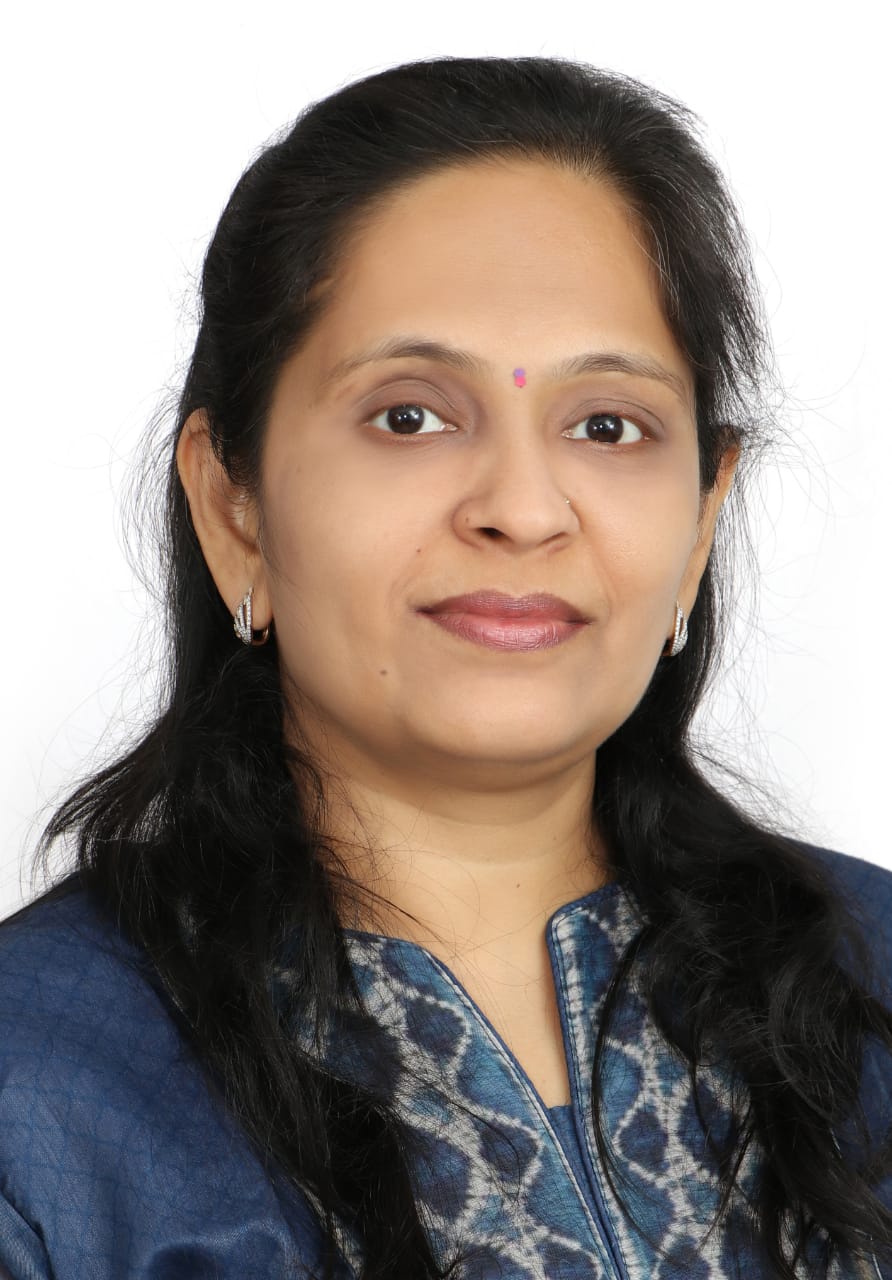One who is established in Self, who has balanced doshas (primary life force), balanced agni (fire of digestion), properly formed dhatus (tissues), proper elimination of malas (waste products), well-functioning bodily processes, and whose mind, soul and senses are full of bliss is called a healthy person.
Ayurveda places great emphasis on prevention and encourages the maintenance of health through close attention to balance in one’s life, right thinking, diet, lifestyle and the use of herbs.
Knowledge of Ayurveda enables one to understand how to create this balance of body, mind and consciousness according to one’s own individual constitution and how to make lifestyle changes to bring about and maintain this balance.
प्रकृतिस्तुस्वभाव ....
शुक्रासृग्गर्भिणीभोज्यचेष्टागर्भाशयर्तुषु
य: स्यादोषोडधिकस्तेन प्रकृति: सप्तधोदिता


